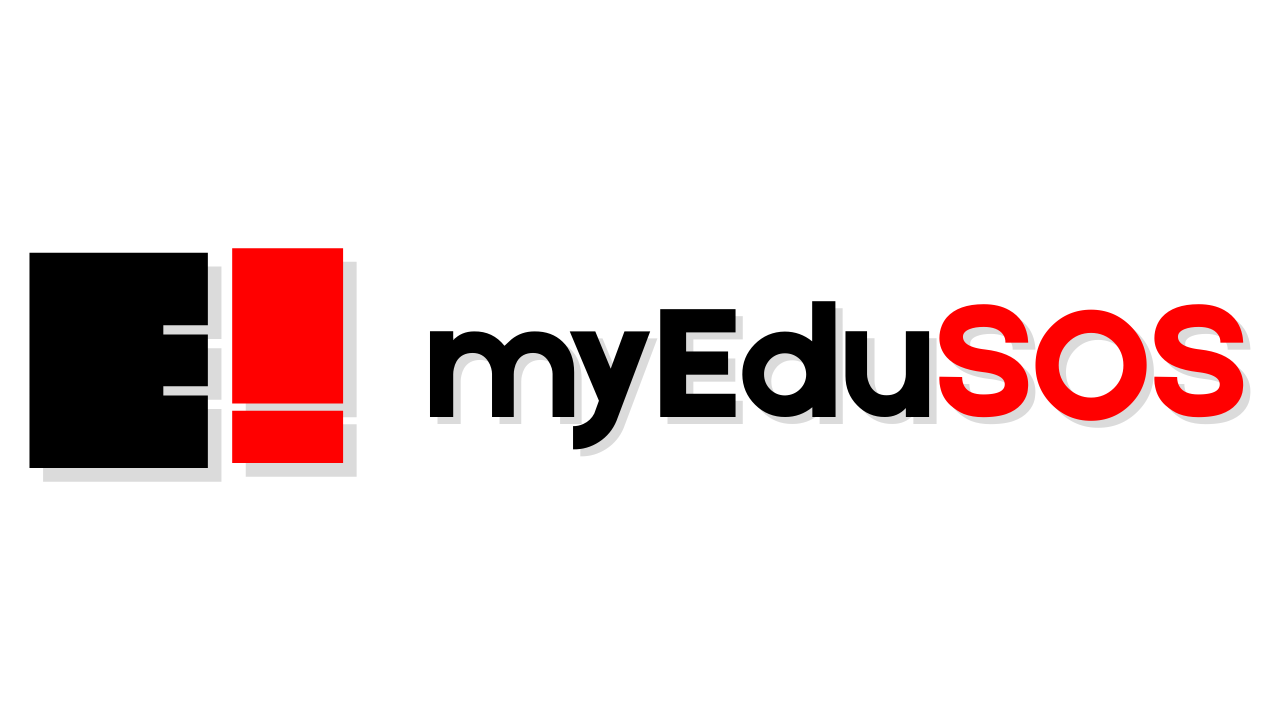JAMB allocated ₦7.37 million to feed its staff within seven days. Different caterers received large payments during this period. Maima Food and Processing Limited got about ₦3.8 million, while Salaudeen Afusat Odun collected ₦1.66 million. Another vendor, Assorted Buka, received ₦733,200. Umma Food Concepts secured three separate payments, which together amounted to more than ₦3.7 million.
This line of spending quickly caught the attention of the public. Many Nigerians now ask how many staff JAMB fed, what kind of meals justified the cost, and whether the board could have achieved the same results with less money.

JAMB Overall Spending vs Income
Beyond the food budget, the bulletin detailed JAMB’s broader financial activity. The agency spent a total of ₦592,851,858 during the week, while its income stood at ₦274,936,800. Almost all the inflows came from its e-facility services, which generated about ₦272.7 million.
This means JAMB spent more than double what it earned within the week. Many observers now worry about whether such a pattern is sustainable if repeated regularly.
Where the Money Went
A significant part of JAMB’s disbursement went to higher institutions. The board sent ₦500 million to Ahmadu Bello University, Zaria, under the NATAP-M Award Scheme. Kaduna Polytechnic received another ₦50 million through the same scheme.
Other large expenses also appeared. Tomeh Travels and Tours Limited received ₦10.59 million for flight bookings. Abauf Synergy Limited collected ₦8.23 million for office equipment. Lagos State University Teaching Hospital (LASUTH) got ₦1.9 million for staff medical bills. Staff claims added up to ₦33.82 million, while publicity cost another ₦3.23 million. JAMB also paid over ₦2 million for a generator and power services.
The board made a statutory contribution of ₦27.49 million to the Consolidated Revenue Fund during the same period. Smaller items such as reimbursements, data subscriptions, and supervision expenses also appeared in the records.
JAMB Transparency vs Extravagance
JAMB deserves credit for releasing such detailed reports. Few Nigerian agencies provide weekly financial updates, and that openness should count as progress. Still, the figures in the bulletin leave many Nigerians uneasy.
For most citizens, the headline item is the ₦7 million meal bill. Ordinary people compare it with their own living costs and wonder how public funds can stretch so far on food for staff. The impression of extravagance overshadows the board’s larger investments in universities and research.
JAMB plays a central role in Nigeria’s education system. Millions of students depend on it each year as their entry point to higher learning. Because of that, how the board manages its finances goes beyond numbers. It affects trust, efficiency, and the credibility of the institution.
Spending on welfare and operations is necessary, but Nigerians want assurance that every naira supports the agency’s core mission. Feeding staff may not look like a misuse of funds in itself, but when the cost runs into millions each week, it becomes a symbol of the deeper struggle between transparency and financial restraint in public institutions.
The bulletin paints a mixed picture. On one hand, JAMB supports higher institutions with huge disbursements and maintains transparency by publishing its accounts. On the other hand, its spending habits raise doubts about priorities and sustainability.
The story of ₦7 million spent on staff meals in seven days has already become a national talking point. In the coming weeks, JAMB’s explanations and future reports will determine whether Nigerians see this as responsible governance or a case of waste hidden in plain sight.

